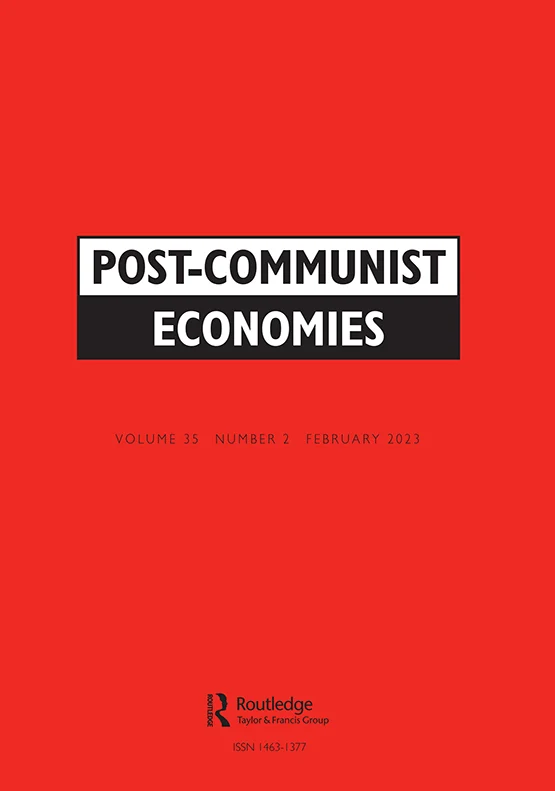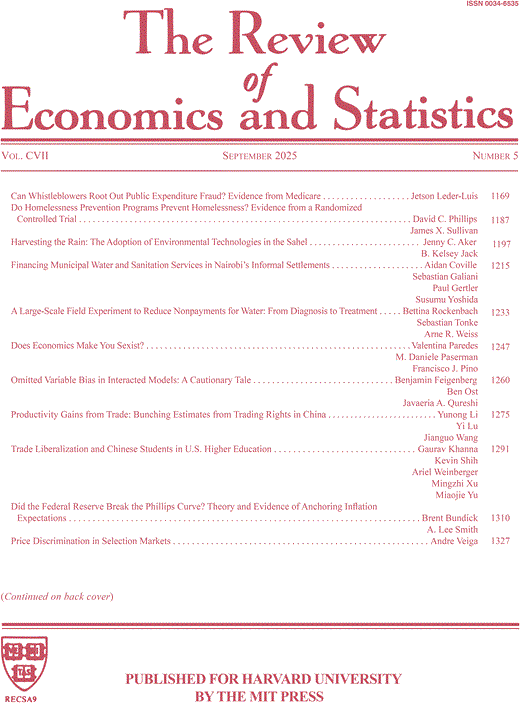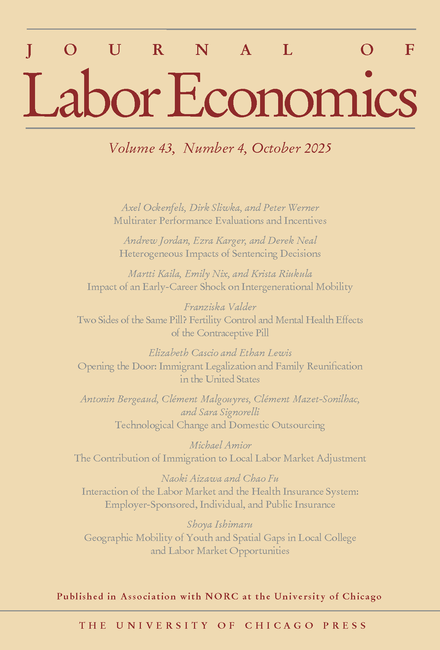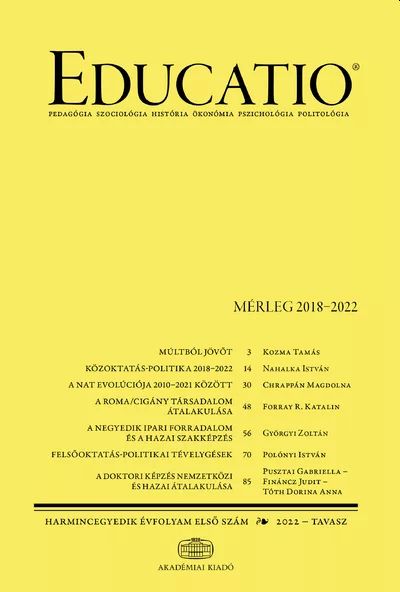Az előadásra hibrid formában kerül sor zoom felületen, illetve személyesen a T.4.23-as szemináriumi teremben 2025.10.16-án, 13.00 órától.
Előadó: Gregory Clark (by Rita, Attila)
Cím: Immobile Britannia:Why it has been impossible to increase social mobility rates in England 1754-2025, and why that is good news
Bio: Clark is Danish National Research Foundation Chair in Economics at Southern Denmark University, and also a Chair in Economics at the Danish Institute for Advanced Study. He is also Distinguished Professor Emeritus in Economics at the University of California, Davis. He is a Fellow of both the Economic History Society and the Cliometric Society. He has published widely in the areas of long run economic growth, the Industrial Revolution and the history and nature of social mobility. His book A Farewell to Alms: A Brief Economic History of the World (Princeton University Press, 2007) summarizes much of his work on long run growth. A second book, The Son Also Rises: Surnames and the History of Social Mobility ((Princeton University Press, 2014) uses surname distributions to explore the nature of social mobility in pre-industrial and modern societies. A forthcoming book For Whom the Bell Curve Tolls: Genetics and Social Life in England, 1600-2025 is an examination of the nature/nurture debate using rich new datasets of up to 10 generations of family histories in England.









